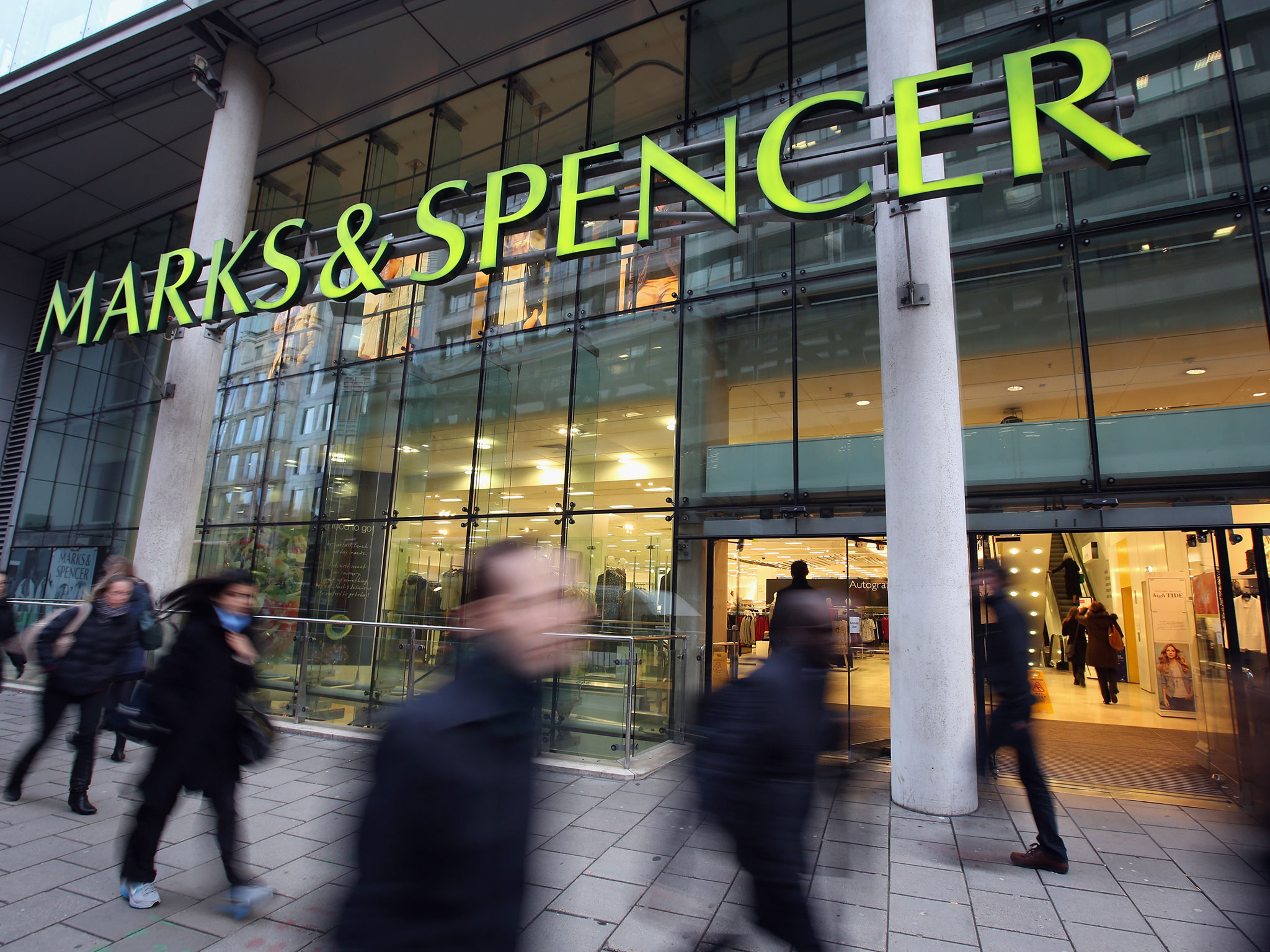The International Civil Aviation Organization (ICAO) is spearheading the development of Digital Travel Credentials (DTCs) to enhance the security and efficiency of global travel. This initiative could reshape the use of traditional boarding passes in the UK, prompting both optimism and significant public concern over privacy risks. Hong Kong, another aviation hub, shares similar apprehensions as the industry moves toward digital transformation.
Digital Travel Credentials: A New Era for Travel
ICAO’s DTC programme encompasses Digital Health Certificates and Digital Travel Documents. Initially spurred by the pandemic, Digital Health Certificates use verifiable credential technology to standardise proof of vaccinations or test results, safeguarding traveller data and privacy. Digital Travel Documents, meanwhile, enable passengers to store passport information electronically, leveraging biometric verification—such as facial or fingerprint recognition—to streamline border checks and identity authentication.
While still in the pilot phase globally, the UK is among the nations testing these credentials. ICAO is collaborating with member states, airlines, and tech providers to establish universal standards, aiming for global interoperability while addressing infrastructure gaps in developing countries.
UK Boarding Passes: Digital Dominance
In the UK, boarding passes are already largely digital. Electronic boarding passes, stored on airline apps or digital wallets with scannable QR codes, are standard at major airports like Heathrow, Gatwick, and Manchester. Paper boarding passes persist at smaller regional airports but are increasingly rare. Some UK carriers, including British Airways, have trialled facial recognition for boarding, allowing passengers to skip physical passes entirely—a concept aligned with ICAO’s biometric-driven DTC vision.
Privacy Fears Take Centre Stage in the UK
While DTCs promise seamless travel, they have sparked widespread privacy concerns in the UK. The credentials involve sensitive data—personal identity, health records, and biometrics—which, if mishandled, could be vulnerable to breaches or misuse. British travellers worry that reliance on digital platforms might expose data to airlines, governments, or hackers.
Privacy advocates have flagged the potential for DTCs to integrate with existing UK surveillance systems, raising fears of overreach. Under the UK’s Data Protection Act 2018 and UK GDPR, any DTC system must ensure transparency, user consent, and robust security. The Information Commissioner’s Office (ICO) has vowed to scrutinise the initiative, stressing that travellers’ rights to data control must be upheld.
Hong Kong, another key player in global aviation, echoes these concerns. Citizens there fear data leaks and unauthorised access, urging compliance with the Personal Data (Privacy) Ordinance. Both regions highlight a shared challenge: balancing digital convenience with stringent privacy safeguards.
Future Horizons: Integration or Coexistence?
DTCs and boarding passes serve distinct purposes—identity and health verification versus flight logistics—but experts foresee potential convergence. DTCs could one day embed boarding information, creating a “single credential” for end-to-end travel, reducing the need for multiple documents. Yet, fully replacing boarding passes remains unlikely in the near term, given varied airport technologies and operational needs worldwide.
The aviation sector, including UK stakeholders, is optimistic about efficiency gains and fraud prevention. However, privacy risks, global standardisation, and technological disparities pose hurdles. ICAO pledges ongoing collaboration to ensure a secure, equitable rollout that respects traveller privacy.
UK Leads, But Questions Remain
As a pioneer in aviation innovation, the UK—alongside hubs like Hong Kong—is poised to trial DTCs at scale. British travellers anticipate smoother journeys but demand clear safeguards. The UK government and industry face pressure to engage the public, ensuring DTCs align with privacy laws and public trust.
Hong Kong’s aviation community, similarly, calls for robust data protections as it prepares for digital adoption. Passengers in both regions are advised to monitor ICAO updates and local policies for clarity on DTC progress. The UK’s response to this shift could set a global benchmark for balancing technology and privacy in travel’s future.
Discover more from “Bridging Hongkongers. Reporting Truth.”
Subscribe to get the latest posts sent to your email.




